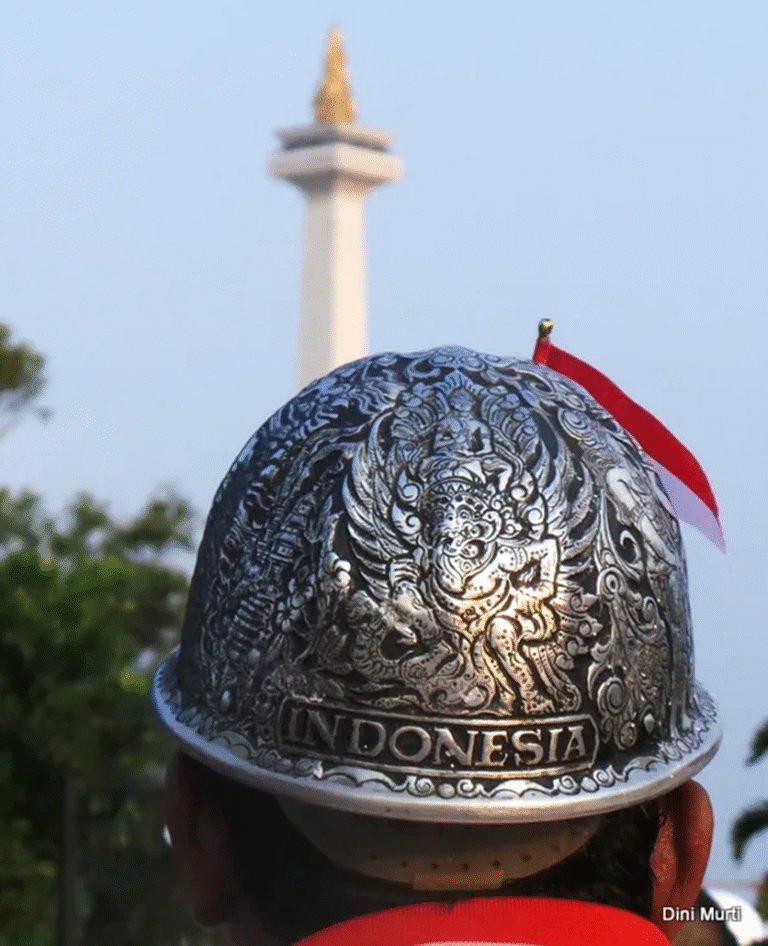In recent times, social media timelines have become an endless parade of dance videos. From TikTok to Reels to Shorts, the flood is relentless. No longer limited to teenagers dancing in bedrooms or popular spots, these videos now feature students, civil servants, politicians, and even religious leaders. What was once a form of free expression has turned into a templated spectacle, an instant shortcut for attention.

This is not a new phenomenon. But the sheer intensity and reach of these dances today feel like a cultural contagion, seeping into spaces where shallow expression once had no place.
From Expression to Distraction
There is nothing inherently wrong with dance. As an art form, it demands technique, training, and emotional depth. At its core, it is a legitimate vehicle of human expression. But viral dancing today is not about artistry. It is pre-packaged choreography, designed not to express, but to chase: views, likes, shares.
Dance has morphed into a one-size-fits-all response. When complex social issues arise, dance becomes a distraction. When public reflection is necessary, dance appears as noise. When crises hit, the default response seems to be: “Just dance it away.”
A Tool of Political Performance
Perhaps the peak of this absurdity was witnessed during Indonesia’s 2024 presidential election. One of the candidates at that time, used dance as a central image-building tool: friendly, down-to-earth, in touch with youth. What should have been a forum for competing visions devolved into a contest of choreographic charm.

Dance wasn’t used to communicate direction, but to manufacture a surface-level impression. And when that impression becomes the basis of political choice, what’s left is not a mandate for change but a memory of viral routines. Now that the campaign is over and power has been secured, the dance has faded. What remains is a sobering reality: broken promises, fleeting images, and a populace left with nothing but expired content on their “For You Page.”
Desecrating the Sacred

Perhaps most disturbing is the way this dance phenomenon has crept into sacred spaces. Religious lectures, once meant to be arenas for reflection and moral clarity, have become stages. Young preachers and clerics, many known more for their virality than their scholarly depth, appear in luxury cars, occasionally breaking into dance mid-sermon.

In these performances, religion becomes a show, not a sanctuary. The fear is that future generations may mistake this spectacle for the faith itself, believing that spiritual depth can be choreographed.
Yet, examples of dignified, modern religious forums still exist. At venues like Masjid Blok M, in Jakarta, young people continue to attend intellectually honest discussions. No gimmicks, no dancing. Just relevant topics, delivered with depth and sincerity. It’s possible to engage the youth without compromising the sanctity of the message, but it requires integrity, not content strategy.
Symbols That Blind
In Indonesian society, there’s a deeply ingrained belief that religious figures hold divine knowledge, much like doctors hold medical expertise. This analogy is fair, and in many cases, necessary.
But in the digital era, appearances deceive. A confident tone, strategic camera angles, and hundreds of thousands of followers can manufacture authority. Add titles, robes, or family names, and public scrutiny dissolves. The problem? If a doctor gives incorrect treatment, there are consequences. But when a viral cleric spreads misleading ideas, the reward is often more followers and talk show invites.
In a society with minimal critical education, symbols aren’t just shortcuts, they’re sedatives. And sedated minds are easily misled.
A Culture Addicted to Entertainment
This is not limited to religion or politics. Indonesian popular culture often favors entertainment over enlightenment. We are drawn to what is viral, not what is valuable. Visibility trumps substance. Spectacle outshines effort.
Dance, in this context, is not joy. It is noise. A symbol of a system that discourages thinking and rewards distraction. Indonesia is not an unintelligent nation, but it is being shaped to act as if it were.
Awakening Begins with Awareness
No one is demanding mass philosophical awakening. Not everyone needs to study logic or debate moral philosophy. But a first step could be simple: asking questions. Is this serious or just entertainment? Is this knowledge or just content?
Without such questions, Indonesia risks becoming a nation that dances its way through every crisis, not out of joy, but out of confusion.



